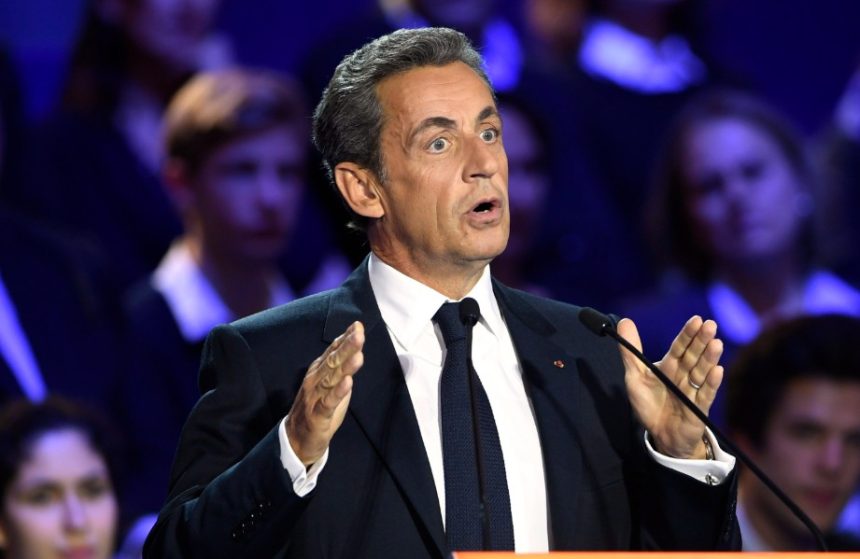Nicolas Sarkozy Begins Prison Term, Maintains Innocence Amid Political Storm
Former French President Nicolas Sarkozy has become the first ex-EU leader to be jailed, entering a Paris prison on Tuesday while vehemently proclaiming his innocence.
His five-year sentence, handed down last month, stems from a conviction for attempting to secure campaign funds from Libya under Moamer Kadhafi, a case widely covered in Sarkozy’s Libyan funding scandal.
AFP journalists reported seeing the 70-year-old leave his home flanked by police motorbikes before entering La Santé prison in the French capital.
“Welcome, Sarkozy!” convicts shouted from their cells, while outside, a crowd of supporters cheered.
In a social media post during his transfer, Sarkozy insisted: “It is not a former president of the republic being jailed this morning, but an innocent man. I have no doubt. The truth will prevail.”
Dozens of supporters, alongside his wife, singer Carla Bruni, gathered outside his Paris residence from the early hours. Some held framed portraits, while others sang the French national anthem.
“Nicolas, Nicolas! Free Nicolas!” they shouted as he departed.
“This is truly a sad day for France and for democracy,” commented Flora Amanou, a local resident.
Sarkozy’s lawyer, Christophe Ingrain, confirmed that a request for parole had been immediately filed. “He will be inside for at least three weeks to a month,” Ingrain added.
The Paris appeals court has up to two months to rule on his release pending an appeals trial, though decisions are often quicker.
Another of Sarkozy’s lawyers, Jean-Michel Darrois, called the incarceration “a disgrace,” saying: “This is a sad day for him, for France and for our institutions because this incarceration is a disgrace.”
Prison officials say Sarkozy will likely be held in a nine-square-meter cell in the solitary wing, isolated from other inmates. Daily routines will be restricted to a solitary walk in a small yard and up to three weekly visits.
He told Le Figaro that he would bring a biography of Jesus and a copy of The Count of Monte Cristo, a tale of an innocent man imprisoned and seeking revenge, a symbolic gesture amid his legal battle.
A recent Elabe poll suggests six out of ten French citizens view the sentence as fair. Yet Sarkozy maintains strong support on the right, occasionally meeting President Emmanuel Macron.
Macron recently defended such encounters, describing them as humane: “It was normal, on a human level, for me to receive one of my predecessors in this context.”
Socialist leader Olivier Faure criticized Macron’s meeting, saying it placed undue “pressure on the justice system.”
By contrast, far-right figures welcomed the visit as respectful, with RN vice-president Sébastien Chenu stating, “Nicolas Sarkozy is not a prisoner like any other.”
Even Justice Minister Gérald Darmanin has announced plans to visit Sarkozy, citing the need to “ensure the safety” of the former leader.
Attorney General Rémy Heitz, however, warned that such visits risk undermining judicial independence.
Sarkozy’s imprisonment marks a first for a former EU head of state. With appeals pending, his case continues to stir debate over justice, politics, and the legacy of one of France’s most polarising presidents.






